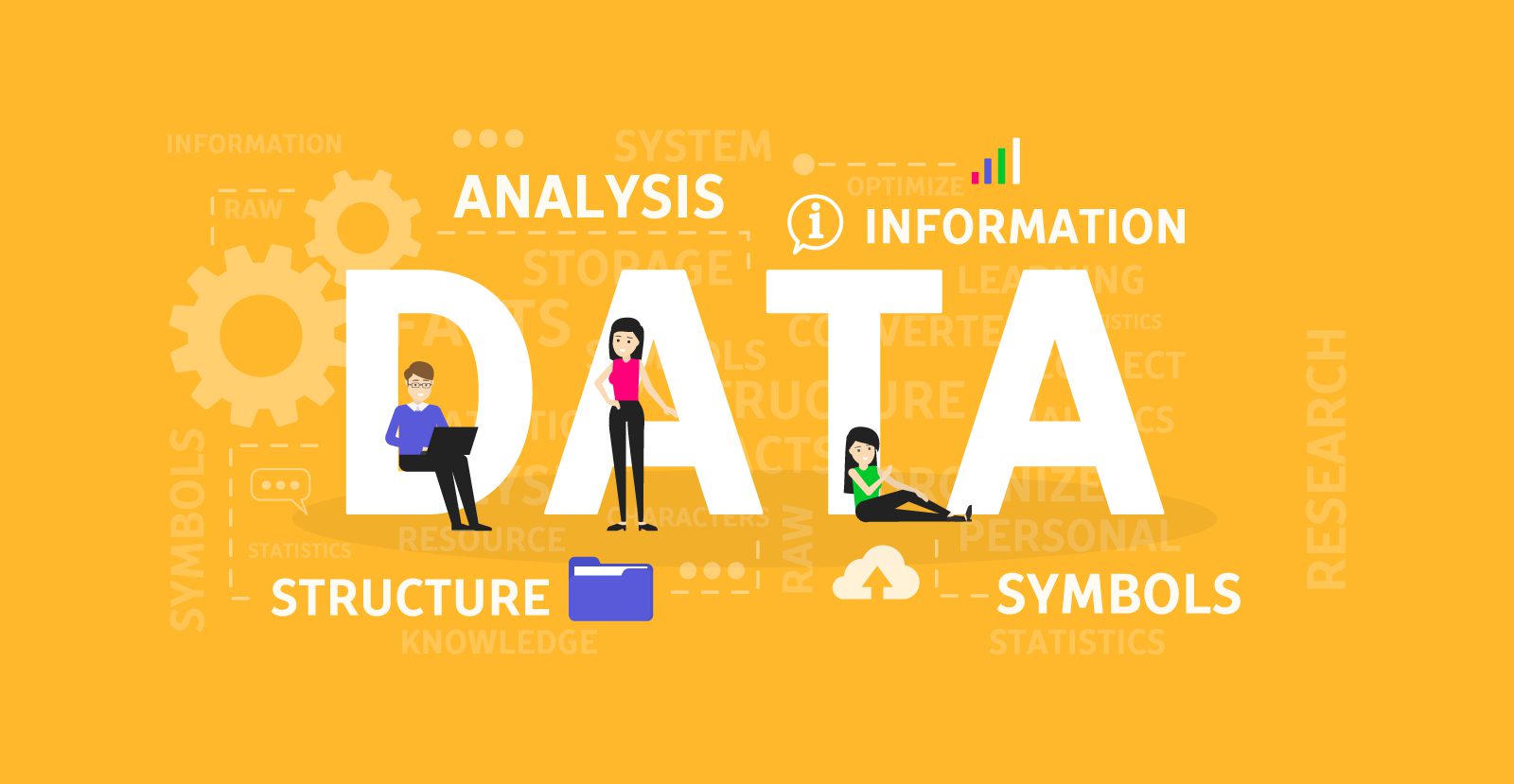Data science has become a vital component of modern business, and it’s no surprise that more and more companies are investing in data science initiatives to gain a competitive advantage. However, as with any new technology, data science comes with its own set of challenges. In this blog post, we’ll explore some of the common roadblocks that data scientists encounter, and discuss ways to overcome them. From ensuring data quality and managing the sheer volume of data to choosing appropriate algorithms and models, we’ll provide tips and techniques for successfully navigating the challenges of data science. So, whether you’re a seasoned data scientist or just starting out in the field, read on to learn how to overcome the challenges and achieve success in your data science projects.
Roadblocks in Data Science
In today’s data-driven world, data science has become an essential part of business operations, and its importance is only growing. However, despite its potential, data science comes with its own set of challenges. “Overcoming Data Science Challenges: Common Roadblocks and How to Solve Them” is a topic that has gained attention among industry professionals and data scientists alike.
Lack of Quality Data
One of the most significant roadblocks in data science is the lack of quality data. Poor-quality data can lead to inaccurate results and flawed decision-making. Data scientists must ensure that the data they are using is reliable, relevant, and accurate. One solution to this problem is to clean and preprocess the data before analysis. This process involves removing outliers, filling in missing data, and converting the data into a usable format. By cleaning and preprocessing the data, data scientists can ensure that they are working with quality data that will yield accurate results.
Difficulty in Accessing Data
Another challenge in data science is accessing the data. Sometimes, the data may be inaccessible due to privacy concerns, proprietary data ownership, or technical limitations. To overcome this roadblock, data scientists can try to work with a third-party data provider or collaborate with the data owners to gain access. Additionally, they can use data visualization and exploration tools to understand the data better and generate insights even if they cannot access the raw data.
Choosing the Right Model
Choosing the right model is another common challenge in data science. There are many machine learning algorithms to choose from, and it can be challenging to know which one will yield the best results. One solution is to try multiple models and compare their performance. This process, called model selection, involves testing various models on a subset of the data and selecting the one that performs the best. Additionally, data scientists can use ensemble methods that combine multiple models to improve accuracy and reduce errors.
Interpreting Results
Interpreting the results of data analysis can be a challenge, especially if the data is complex or if there are multiple variables at play. To overcome this challenge, data scientists can use data visualization tools to present the data in a more accessible format. Visualizations can help to highlight patterns, trends, and correlations in the data, making it easier to understand and interpret the results. Additionally, data scientists can use statistical analysis and hypothesis testing to validate their findings.
Lack of Business Understanding
Finally, one of the most significant challenges in data science is the lack of business understanding. Data scientists must understand the context and goals of the business to generate meaningful insights. They must know what questions to ask and what problems to solve. One solution is to work closely with business stakeholders to understand their needs and objectives. By collaborating with business leaders, data scientists can gain a better understanding of the business context and generate insights that are relevant and actionable.
Conclusion
In conclusion, data science is a challenging field that requires a combination of technical and business skills. Common roadblocks in data science include the lack of quality data, difficulty in accessing data, choosing the right model, interpreting results, and the lack of business understanding. To overcome these roadblocks, data scientists can clean and preprocess the data, work with third-party data providers or data owners to gain access to data, try multiple models and compare their performance, use data visualization tools to interpret results and work closely with business stakeholders to understand their needs and objectives. By overcoming these challenges, data scientists can generate meaningful insights and help drive decision-making in their organization.
Also, check our blog post on emerging trends in data analytics career



Please enter input field